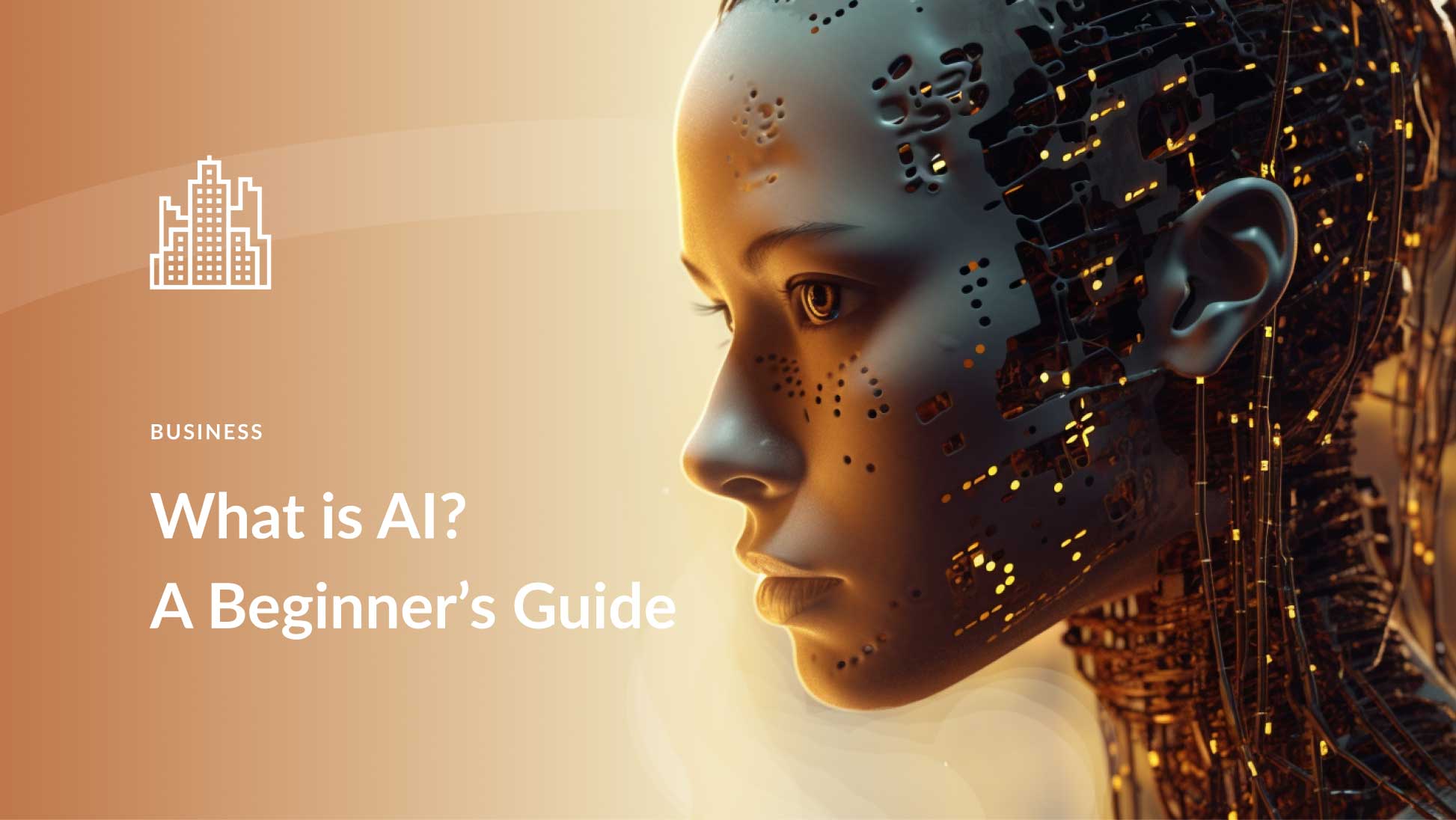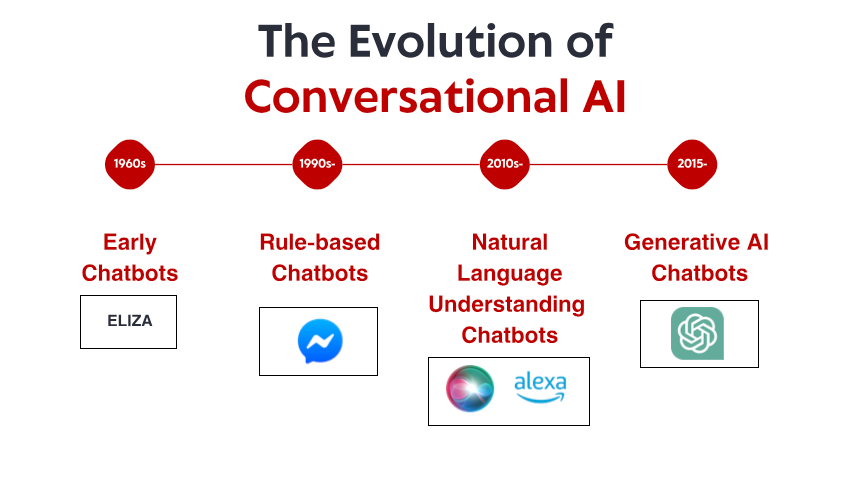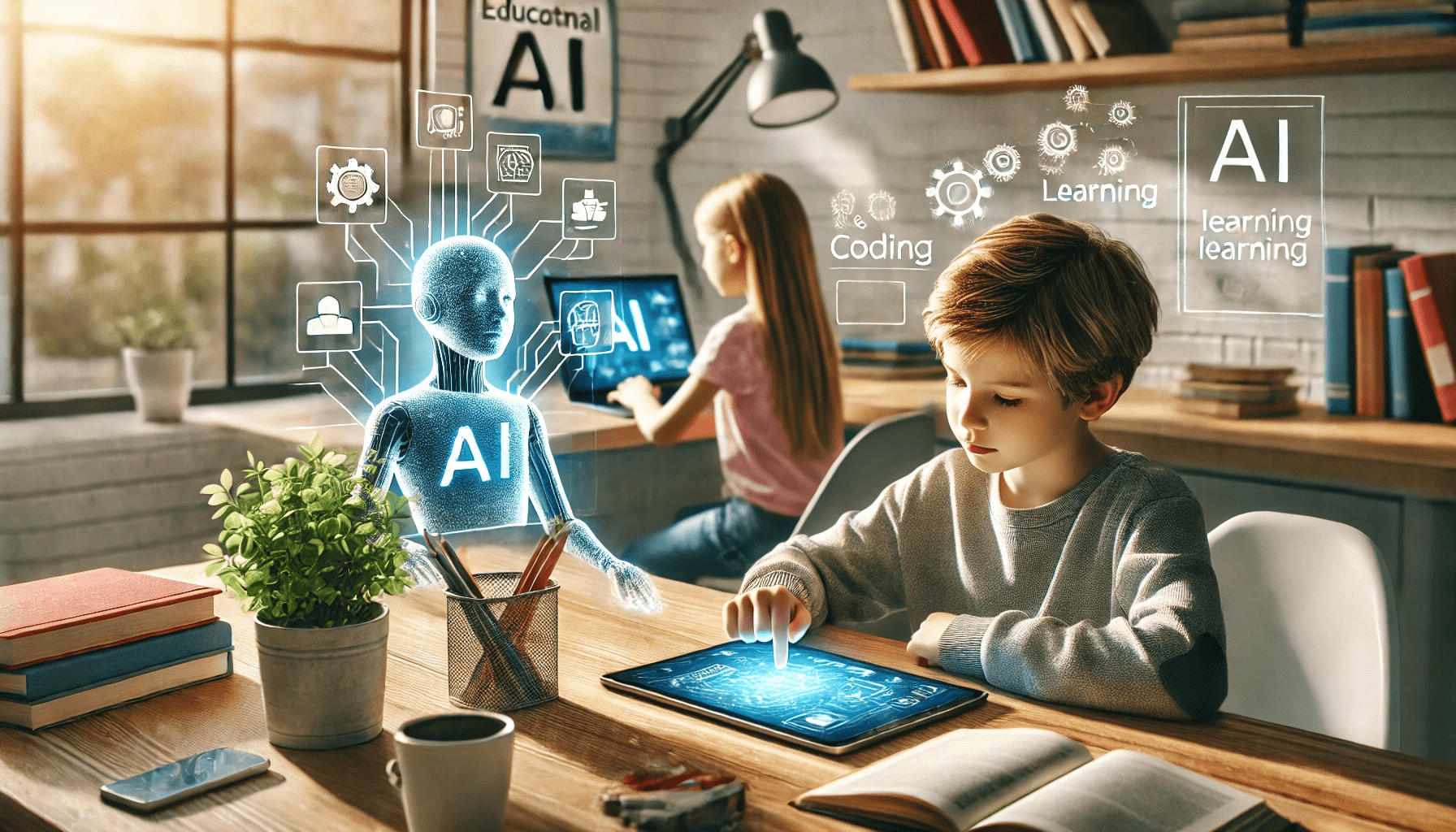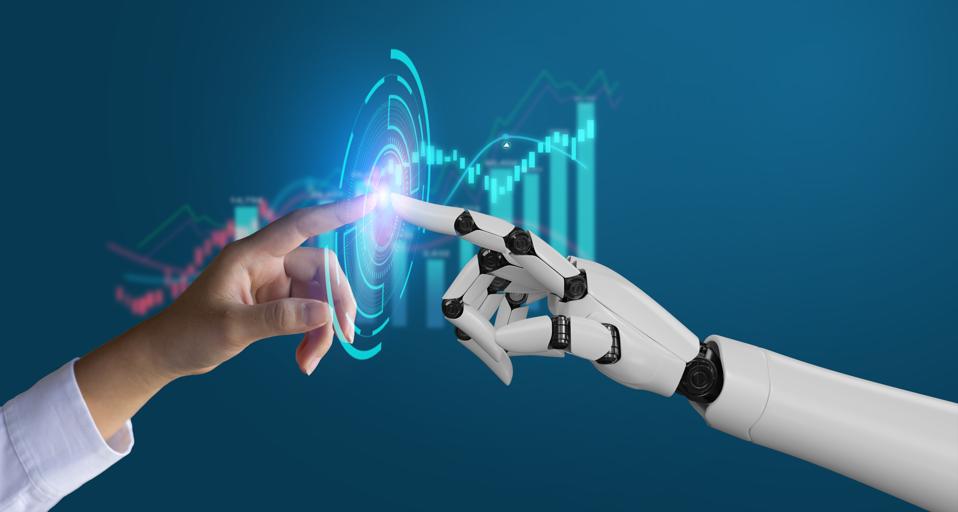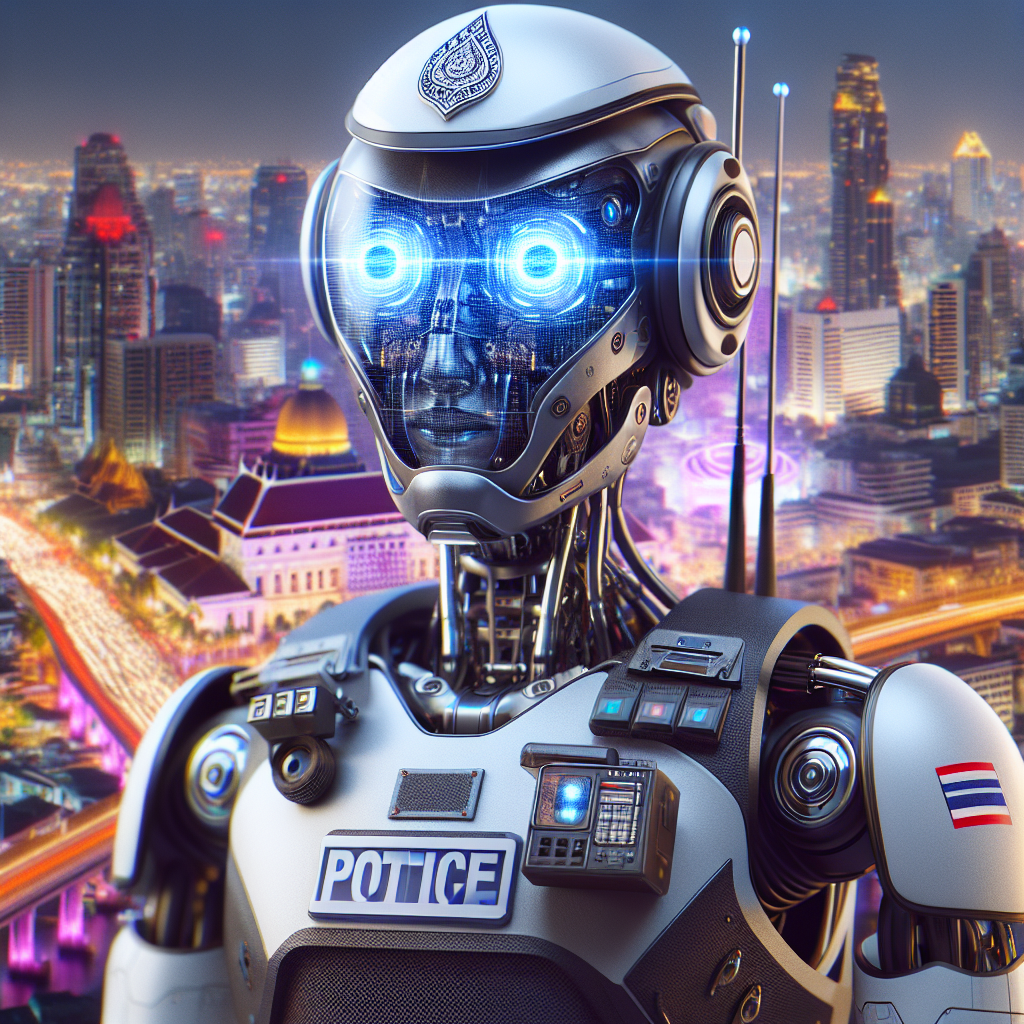Test YOUR Business in Minutes
Create your account and launch your AI chatbot in minutes. Fully customizable, no coding required - start engaging your customers instantly!
Introduction: The AI Revolution in the Workplace
In this article, we’ll explore the many ways AI is changing employment, discuss which jobs are at risk or on the rise, and offer practical advice on how to future-proof your career in an increasingly automated world.
1. AI’s Impact on Job Automation
Repetitive manual jobs like assembly line work and basic data entry
Routine cognitive tasks such as invoicing, scheduling, and simple customer queries
Some roles in logistics, manufacturing, and retail
According to recent studies, about 30-40% of current jobs have at least 20% of their tasks that can be automated by AI or robotics.
However, full job replacement is less common than task automation. Most jobs evolve, with AI handling repetitive parts while humans focus on complex, creative, or interpersonal aspects.
2. Emerging Jobs Created by AI
AI development and programming: Designing, building, and maintaining AI systems
Data science and analytics: Extracting insights from big data to inform business decisions
AI ethics and compliance: Ensuring AI systems are fair, transparent, and accountable
Human-AI collaboration roles: Supervising, interpreting, and enhancing AI outputs
Other growing fields include AI training specialists, AI security analysts, and AI-powered customer experience managers.
3. Jobs Least Affected by AI
Emotional intelligence and human connection (e.g., therapists, social workers)
Creative problem solving and innovation (e.g., designers, strategists)
Complex manual dexterity and adaptability (e.g., electricians, plumbers)
Understanding where your profession fits in this spectrum helps you gauge your risk and plan for skill development.
4. Skills in High Demand in the AI Era
Critical thinking and complex problem solving: Analyzing ambiguous situations and making nuanced decisions
Emotional intelligence: Managing relationships, teamwork, and leadership
Creativity and innovation: Generating novel ideas and solutions
Digital literacy: Using AI tools effectively and understanding their limitations
Lifelong learning: Continuously updating skills to adapt to new technologies
Soft skills like communication and adaptability are increasingly valuable alongside technical knowledge.
Test YOUR Business in Minutes
Create your account and launch your AI chatbot in minutes. Fully customizable, no coding required - start engaging your customers instantly!
5. How AI is Changing Recruitment and Hiring
Screen resumes faster by identifying keywords and relevant experience
Conduct initial interviews using natural language AI bots
Predict candidate success through data-driven assessments
While these tools speed up hiring, they also raise questions about bias and fairness, prompting companies to monitor their AI systems carefully.
6. The Role of Reskilling and Upskilling Programs
Online courses focused on AI, data analysis, and programming
Apprenticeships and on-the-job training with AI tools
Soft skills workshops to boost communication, creativity, and emotional intelligence
Investing in your own learning path is key — whether you’re entering the workforce or pivoting careers.
7. Remote Work and AI Collaboration Tools
AI scheduling assistants that optimize meeting times
Automated note-taking and task management
AI-powered translation for multilingual teams
These tools make remote teamwork smoother and more productive, opening up global opportunities for many workers.
8. Ethical and Social Challenges in the AI Job Market
Job displacement anxiety: Workers fear losing jobs to machines
Income inequality: Uneven access to AI tools and training risks widening the gap
Bias in AI hiring systems: Reinforcing societal prejudices if not carefully managed
Policymakers, companies, and communities must work together to ensure AI benefits everyone fairly.
9. Preparing for the Future: Practical Tips
Stay curious and proactive in learning about AI technologies
Develop a mix of technical and interpersonal skills
Seek opportunities to work alongside AI, not compete against it
Network with AI professionals and join relevant communities
Keep an eye on industry trends and evolving job roles
Being adaptable is your best asset in the fast-changing AI landscape.
Conclusion: Embracing AI in the Job Market
Artificial intelligence is reshaping the world of work in profound ways. While it presents risks, it also opens doors to exciting new careers and ways of working.
By understanding these changes and actively adapting your skills and mindset, you can turn AI from a threat into a powerful career ally. The future of work is here — and it’s smarter, faster, and more connected than ever.


